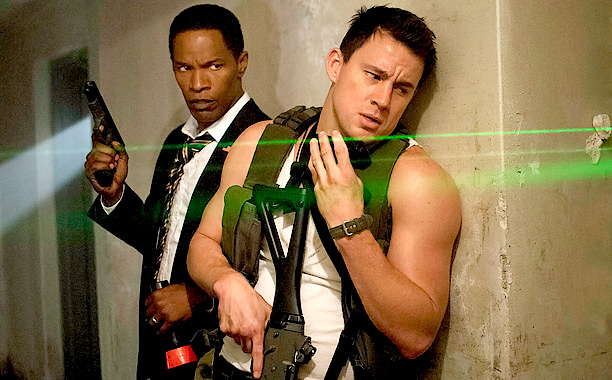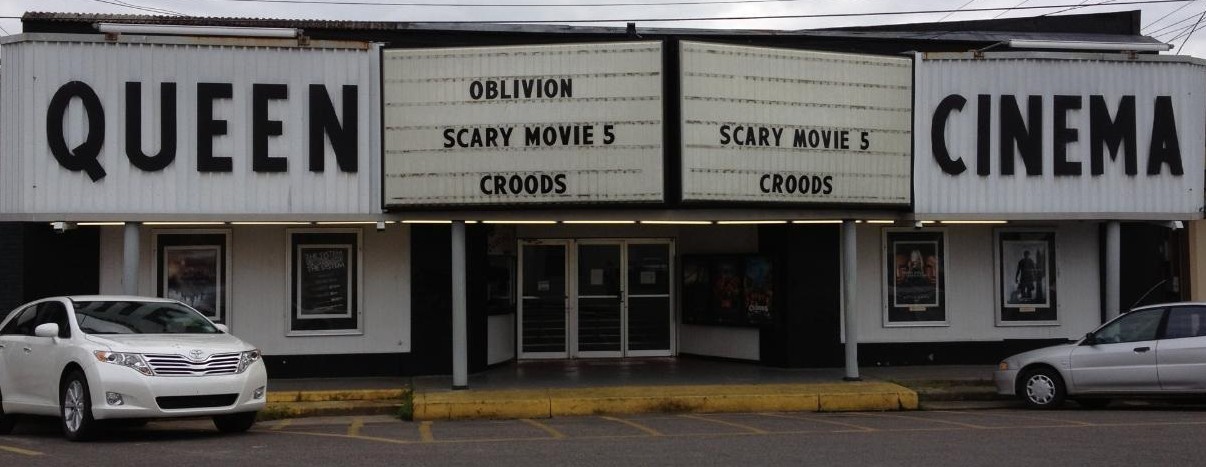You might have trouble deciding whether to say “movies,” “films” or “cinema,” but Hollywood marketing execs have a word that, for them, trumps all others: “Product.” It’s a comfort word for the MBA boys and girls, one that lexicographically lines their business up with their equals in the hot dog and auto industries. “What do you guys do?” “We move product.” “Put it there!”
Like other marketing Solons, Hollywood’s prefer to have their products shaped to fit a prefab appetite. Not for them the old show biz task of taking an unknown quality and enticing the public into paying to see it. Now the job is first priming the audience’s taste and only then making something – anything – to satisfy it.

“Product” isn’t a synonym for “bad movie.” Avatar was product that was also a great film. The term simply identifies a type of movie that, as far as the suits in charge are concerned, does not have to be good – or bad or indifferent. To be product, a movie simply has to respond to a series of marketing-oriented requirements assembled by people who work in the distribution arm of the film industry.
The July 4th weekend brings us to the high point of Hollywood product season. Or, given the sheer terribleness of the 150-minute The Lone Ranger, the low point. Assembled under the spasmodic hand of director Gore Verbinski, the movie is a compendium of Everything Wrong With Hollywood Movies. To review a movie this bad is simply to list failures. The movie is poorly constructed, a straight line of boom-boom-boom action sequences occasionally interrupted by dull bits of exposition. The filmmakers attempt to mask the disjointedness of the action scenes through the familiar distraction of rapid, quick cuts; since there’s not all that much happening in a particular image, they cut between, back and forth, into and out of different images, which is mere sleight-of-hand.
The studio – Disney – was obviously on the lookout for another Pirates of the Caribbean franchise (horrible word to describe a movie series). Verbinski directed three of those and their star, Johnny Depp, is back in place, this time as Tonto, the masked man’s faithful Indian friend. Depp, who has spent most of the last decade pursuing the lucrative trade of self-parody, can’t send up Tonto like he did his feckless pirate captain. Despite some stereotypical traits which adhered to the character, Tonto (despite his name) in his radio and television incarnation by Jay Silverheels was a dignified character, the equal to the Lone Ranger. To make him the same sort of broad caricature a la Jack Sparrow would be a racist regression. So there is an attempt to balance the comic and dignified aspects of the character but this fumble-fingered crew had already failed before they began.
The Lone Ranger echoes the imagery of a couple of classic Westerns, The Searchers (1956) and Little Big Man (1970). Talk about punching above your weight.

White House Down is an attempt to recapture box office primacy by producer-director Roland Emmerich after some years of commercial inconsistency. So he has brought forth a do-over of his massive 1996 box office smash and creative stinker, Independence Day. The earlier movie is in the marketing hall of fame thanks footage to of the White House being blown up by aliens that first ran during the Super Bowl.
There’s been some tinkering and updating, to be sure. The enemies aren’t aliens but terrorists (or are they? See Die Hard). The president has been changed from a taciturn hero-pilot-leader into Barack Obama, complete down to his Nicorette gum. And although the president displays a certain amount of athleticism, the real action-hero stuff is handed to a law-enforcement type.
All of Emmerich’s shortcomings are still on display. He was a pioneer overcutter of action films, and he succeeds in remaining at the front of this parade of miscreants. He has no storytelling gifts he wants to share, simply alternating between meth-style action scenes and dull rest periods.
But for the first time in his career, Emmerich manages to infuse the leaden kinetics with a sense of “Boys’ Own,” “Ripping Yarns” exuberance. For the first time, an Emmerich outing feels like it is supposed to be fun and, to that extent, White House Down has its share of exuberance.

As for the animated sequel, Despicable Me 2, it is just that, a sequel and only a sequel. You know what that means. You don’t need me to tell you. It’s just product, Jake. Just product.
–Henry Sheehan
